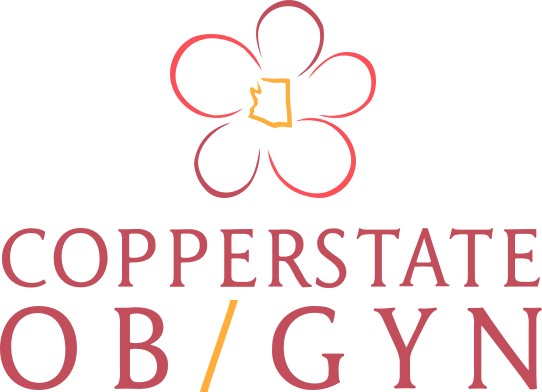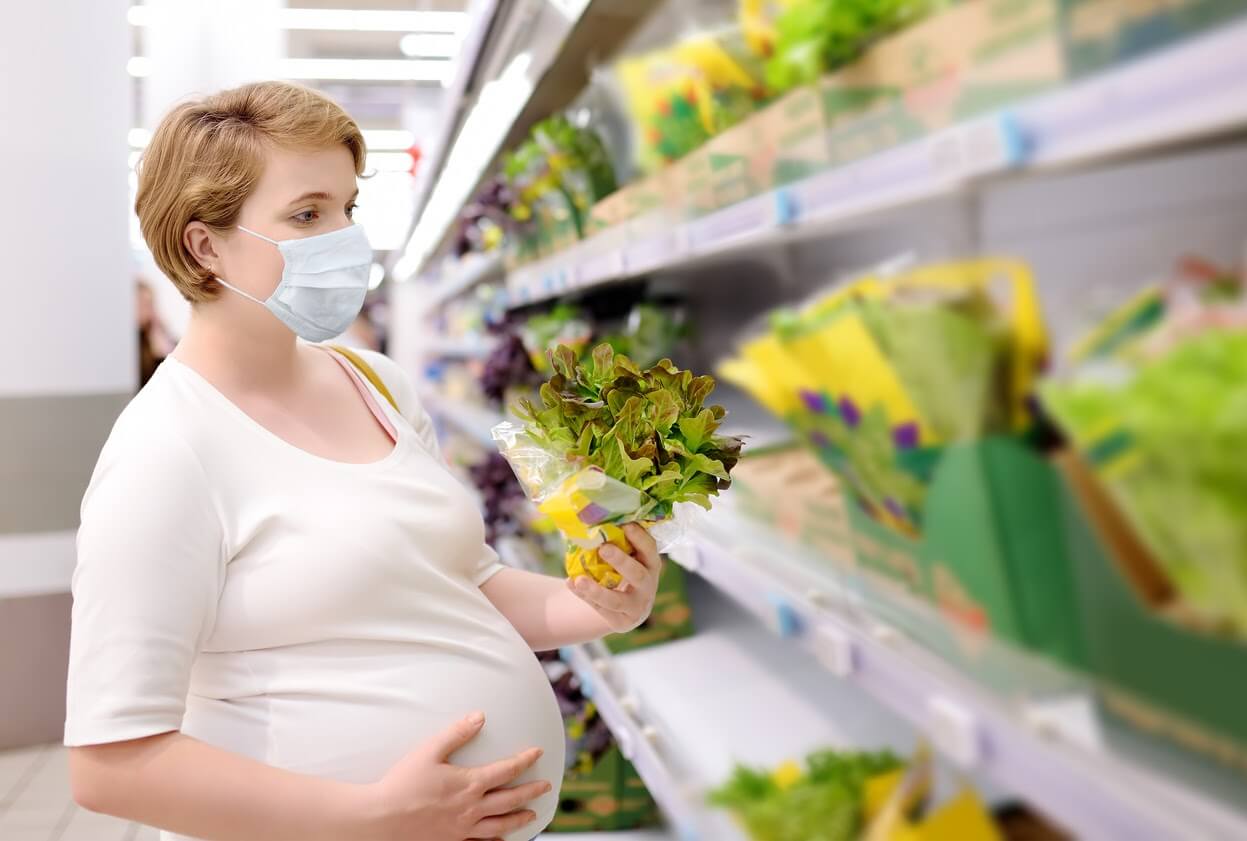When you’re pregnant, food cravings can hit pretty hard. But you should know that there are certain foods and drinks that pregnant women shouldn’t consume. Many types of food you currently enjoy may make you sick or harm a developing baby.
Overall, it’s best to err on the side of caution with what you’re eating while pregnant. Many foods contain potentially harmful bacteria, or preservatives that are much more potent to your developing baby than they are to you. In this article, we’ll go over what foods to avoid when pregnant and why you should skip them for the next 9 months.
1. Seafood High in Mercury
Fish is a great source of protein, and omega fatty acids help promote your baby’s brain and eye development. But some fish and shellfish contain high levels of mercury, which can harm your baby’s developing nervous system. Certain fish are more likely to contain high levels of mercury than others, which is why the Food and Drug Administration (FDA) recommends avoiding
-
- Shark
- King mackerel
- Tuna, especially bigeye tuna
- Marlin
- Swordfish
- Tilefish
If you still want to eat fish, there are plenty of options that are low in mercury and are still healthy during pregnancy. The FDA recommends eating these types of fish up to three times per week:
-
- Anchovies
- Catfish
- Cod
- Herring
- Pacific oysters
- Pollock
- Salmon
- Sardines
- Shrimp
- Tilapia
- Trout
2. Raw or Undercooked Fish
You run the risk of ingesting harmful bacteria when you eat any undercooked or raw seafood. This can be difficult for sushi lovers, but you may contract a viral, bacterial, or parasitic infection such as salmonella, listeria, or vibrio when you consume raw fish. These infections can cause dehydration and weakness in you, and can have potentially fatal consequences to your baby. Pregnant women are 10x more susceptible to listeria than the general population; listeria infection can cause miscarriages, stillbirths, and preterm labor.
3. Undercooked Meat, Poultry, and Eggs
Your reactions to bacterial food poisoning may be more severe when you are pregnant. Bacteria can also infect your baby and threaten their development. To avoid any foodborne illness, be sure to fully cook all meat and poultry before eating. It has to be cooked all the way through, as bacteria can hide deep within the muscle fibers and not just the food surface. Cook egg yolks and whites all the way until they are firm. Any sauce or salad dressing that contains raw or partially cooked eggs should be avoided.
4. Excess Caffeine
Caffeine is absorbed quickly and can pass quickly through the placenta. Developing babies don’t have metabolisms to break down caffeine, so caffeine levels can build-up to dangerous levels. High amounts of caffeine can inhibit fetal growth and increase the risk of low birth weight during pregnancy. Because of this, pregnant mothers are generally advised to limit their caffeine intake to less than 200 mg (about 1.5 cups of coffee) a day.
5. Unpasteurized Foods
Soft cheeses, such as brie, feta, and blue cheese don’t go through a pasteurization process that kills harmful bacteria. Avoid these cheeses unless they’re clearly labeled as being pasteurized, and avoid any drinks or juice that are unpasteurized.
6. Unwashed Fruits and Vegetables
Fruits and vegetables can be contaminated with bacteria during harvest, processing, storage, transportation, and retail. A common bacteria found on fruits and vegetables is called Toxoplasma, which doesn’t cause symptoms in infected adults but can cause infants to develop blindness later in life. Avoid ingesting contaminated fruits and vegetables by washing them thoroughly before eating.
7. Alcohol
No amount of alcohol has been proven safe to consume during pregnancy. Alcohol enters the baby’s bloodstream at the same rate as yours, but it takes twice as long for it to be metabolized in the placenta. Drinking alcohol during pregnancy can lead to fetal alcohol syndrome and increases risk of miscarriage and stillbirth. Be on the safe side, and don’t consume any alcohol while pregnant.
8. Raw Sprouts
Any type of raw sprout, such as alfalfa, clover, radish, and mung bean sprouts requires a humid environment to sprout. This is also an ideal environment for bacteria to live and breed. Since raw sprouts may be contaminated with salmonella, avoid raw sprouts or cook them first.
9. Deli Meat
Many types of deli meat have been preserved with nitrates which give the food longer shelf life. Unfortunately, those types of preservatives aren’t good for a developing baby. Hot dog meat can also carry listeria, so heat them up enough to kill any bacteria before consuming them. If you’re still craving deli meat, you can opt for a nitrate-free version.
When it comes to avoiding foods while pregnant, safety is the number one priority. Avoid these foods to give your baby the best chance to grow and develop normally. It can be easy to accidentally eat something you shouldn’t, so if you consume one of these foods and notice symptoms such as stomach pains, fever, body aches, or headache, call your doctor immediately. If you’re feeling okay, it’s okay to also reach out to your doctor for some extra reassurance as well!
Are you looking for an OB/Gyn you can trust? Do you live in the Tucson area? Book an appointment today!
Sources:
- https://www.mayoclinic.org/healthy-lifestyle/pregnancy-week-by-week/in-depth/pregnancy-nutrition/art-20043844
- https://www.cdc.gov/listeria/risk-groups/pregnant-women.html
- https://www.acog.org/clinical/clinical-guidance/committee-opinion/articles/2010/08/moderate-caffeine-consumption-during-pregnancy?utm_source=redirect&utm_medium=web&utm_campaign=otn
- https://www.cdc.gov/parasites/toxoplasmosis/disease.html
- https://www.healthline.com/nutrition/11-foods-to-avoid-during-pregnancy#7.-Raw-sprouts

